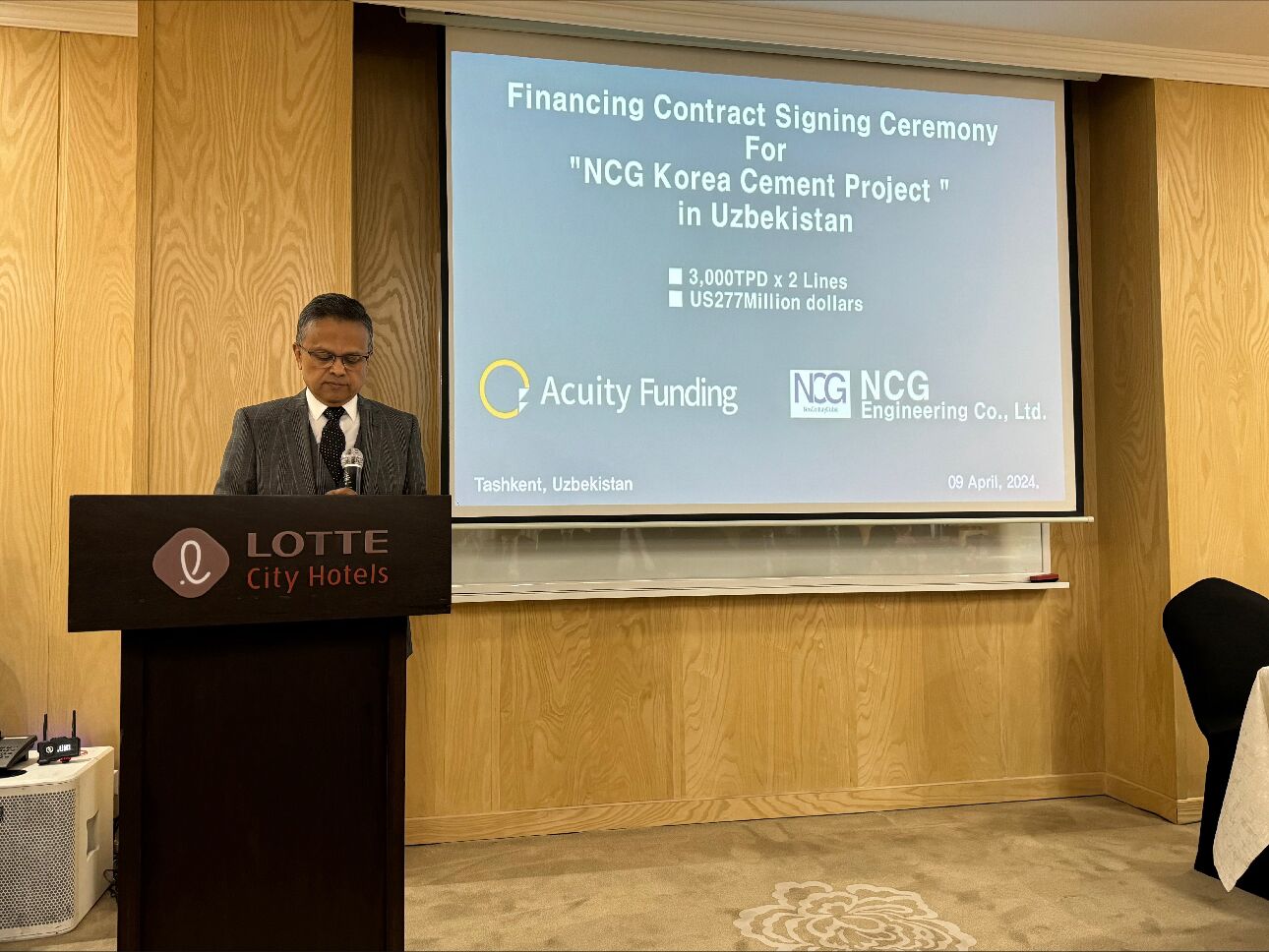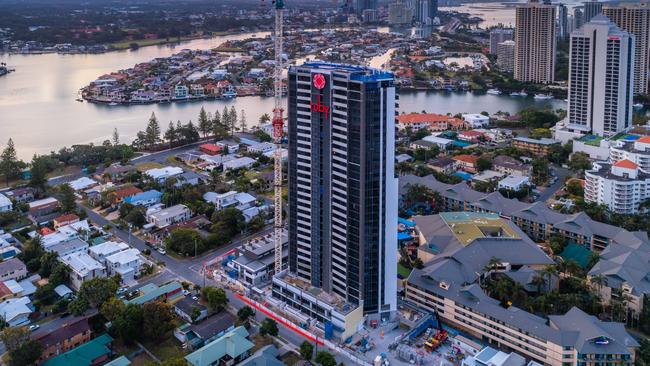Asia-Pacific markets are looking more stable and recession-proof than the traditional investment arenas of Europe and the US.
Traditional cautions about the risks of investing in the Asia Pacific are being replaced by optimistic forecasts. The relative stability of Asia-Pacific markets post-COVID and their ‘independence’ from factors playing havoc with opportunities in America and Europe and being emphasized.
The positive forecasts coming from economists and analysts are not limited to a single sector or country. Asia-Pacific equities and real estate are getting glowing reports and the interplay between the different nations of the region is seen as another positive.
Studies indicate that, over five years, the average increase in property values in Asia-Pacific markets has outperformed average capital growth in properties in the traditional investment regions.
The Global Real Estate Fund Index (GREFI) shows that since quarter four of 2022, Asia-Pacific funds have outperformed globally with an increased performance quarter-on-quarter.
Ian Schilling, co-chief investment officer and head of core funds for Asia at Invesco Real Estate, said: “Returns from Asian core funds in the market over the last few years have, in fact, been more stable than other regions in the world.”
Many indicators suggest underlying real estate markets in Asia-Pacific are performing well and that means that Asia-Pacific holdings can help diversify an investment portfolio both geographically and by sector.
Until there are convincing signs that inflation is under control in the US and Europe and that interest rates can at least stabilize, Asia-Pacific investments can work as a safe haven, offering a ‘hedge’ against the negative elements currently at play in the US and Europe.
Asia-Pacific markets have not been heavily impacted by either COVID or climbing interest rates.
A-PAC Governments were quick to introduce strict COVID measures at the beginning of the pandemic but also opened up their economies earlier than western nations.
Debt levels are relatively low, and economic growth is remaining strong because of a burgeoning middle class. Inflation has not escalated to the same problematic level as in western economies.
The war between Russia and Ukraine is having less impact than it is in other regions. Rising energy prices are presenting less of a challenge.
These points of difference between the Asia-Pacific and the markets of the US and Europe all add up to a positive narrative for the region at a time when the US and Europe are dealing with banking instability, war, inflation and interest rate uncertainty.
Asia is coming of age as an investment region with safe opportunities for private equity.
Points of difference between countries within the Asia-Pacific region add even more opportunities to diversify and manage risk geographically. Japan, for example, has an official low-interest rate policy and China has been cutting rates to rebuild after the pandemic.
Intra-regional trade assists the Asia-Pacific to stay recession proof, with more than 50 per cent of the region’s trade taking place between its 30 countries.
In terms of types of properties, the office sector, for example, is strong because occupancy has returned to pre-pandemic levels in cities in Japan, Korea, China, Singapore and Hong Kong.
Cramped homes, less confidence with working from home and other cultural factors have seen workers return to their offices without hesitation.
Shopping centres in Asia are also strong due to the presence of more amenities – they are community and entertainment hubs.
Major Asia economies are on an alternative path to those of the US and Europe and so offer investors an opportunity to diversify. Bond and equity investors have been doing it tough over the past 18 months so the opportunities emerging in APAC nations are good news for those looking to diversify. Private equity investors looking for projects in the Asia Pacific can discuss their investment needs with Acuity Funding.








